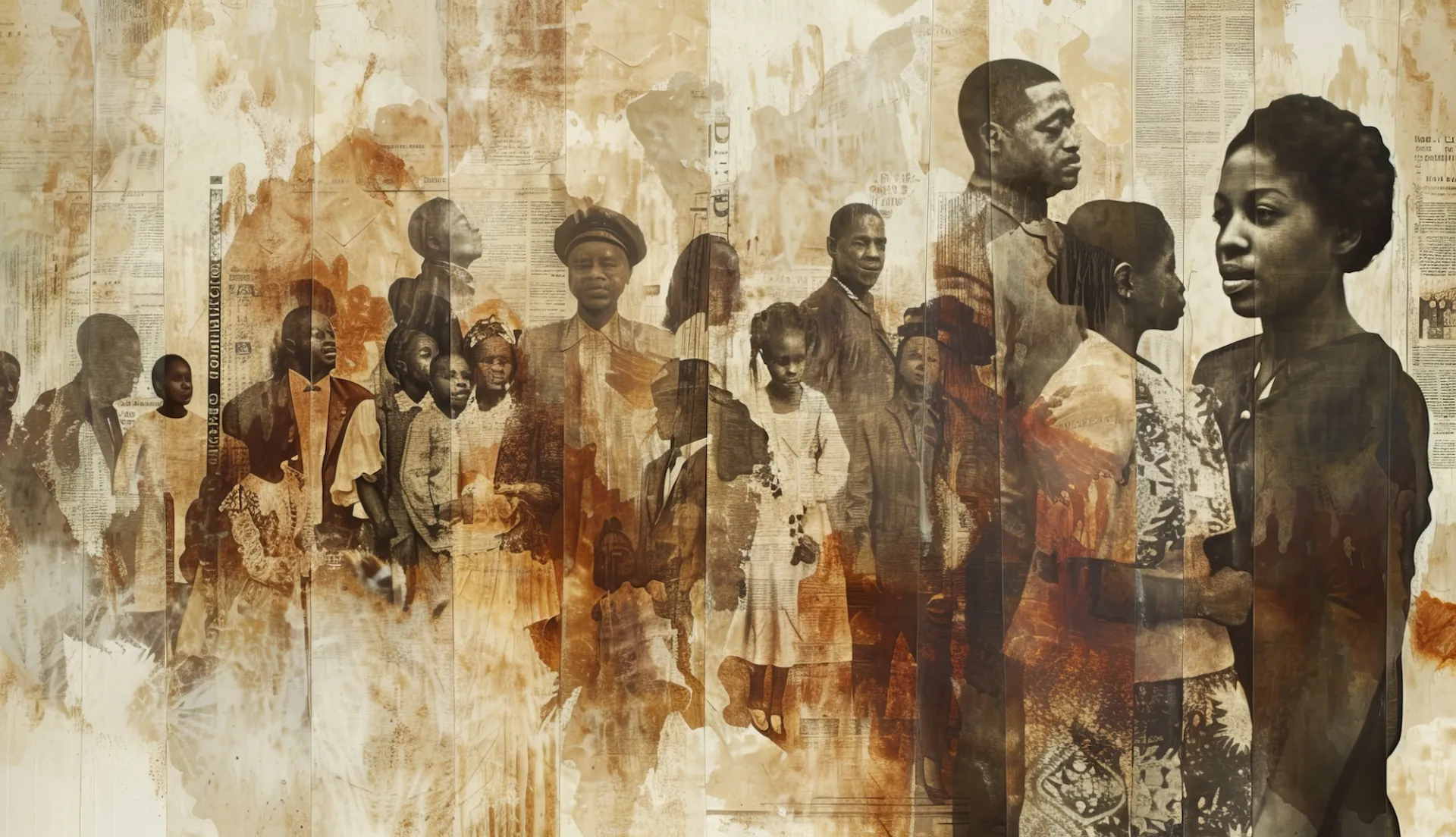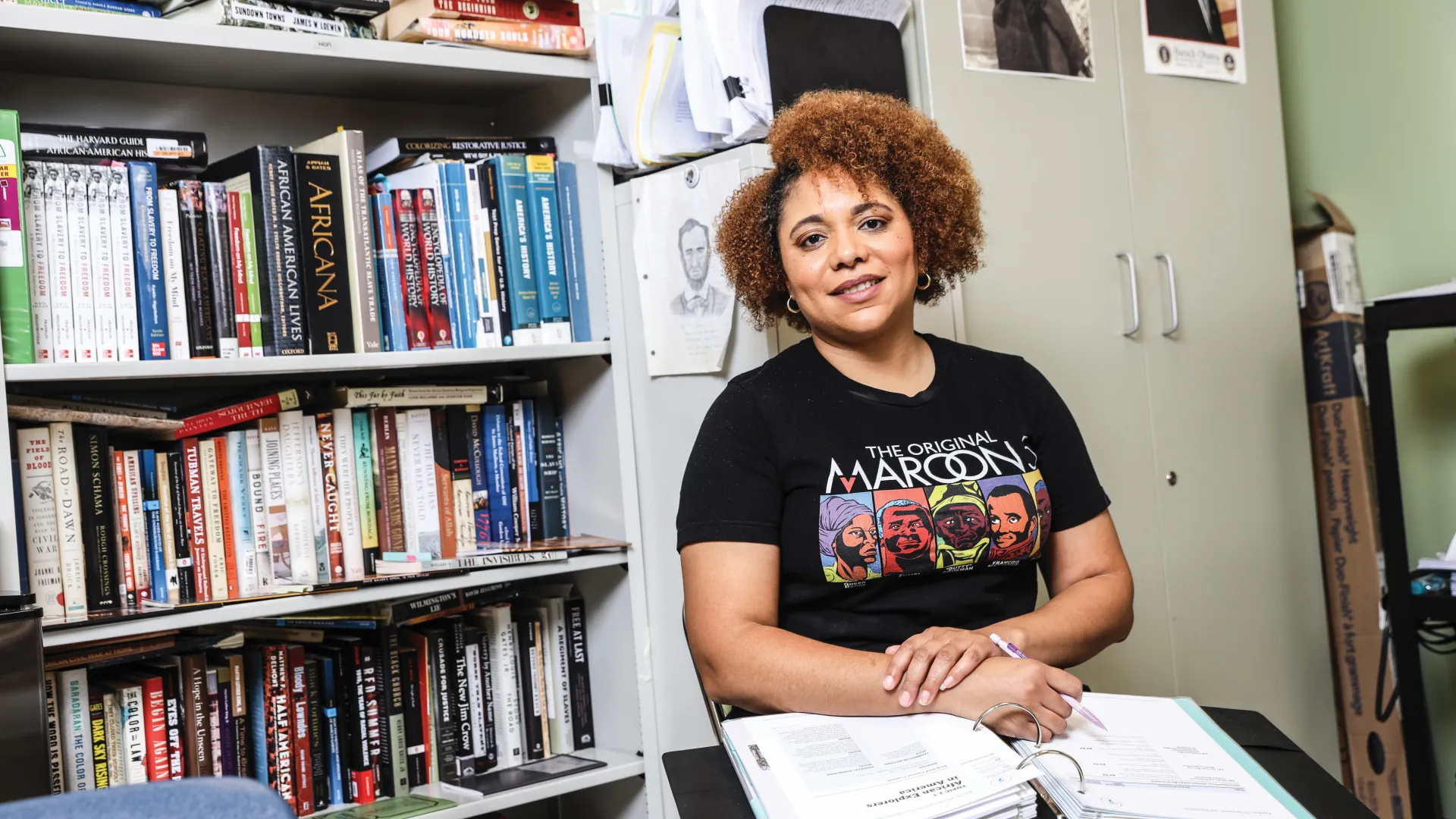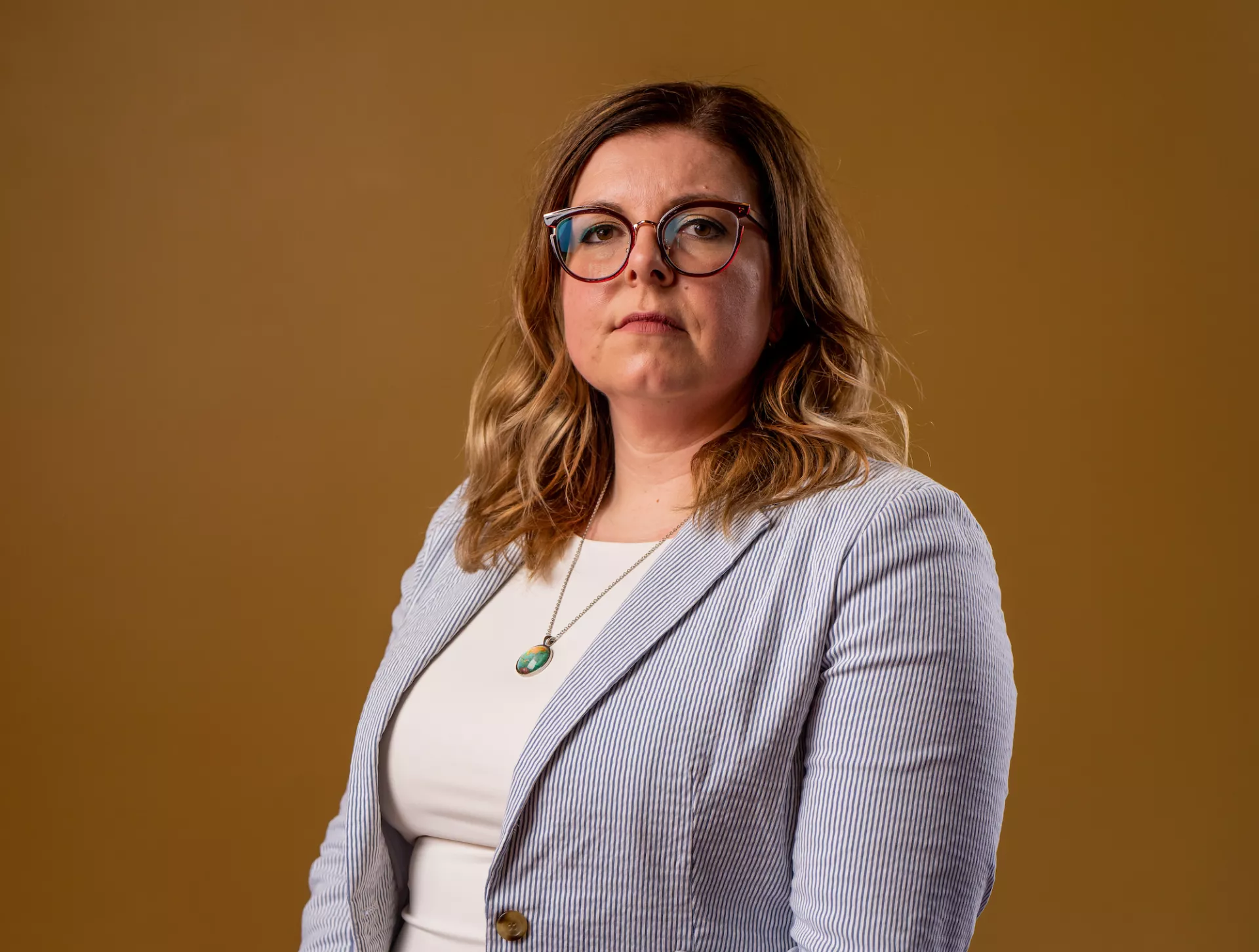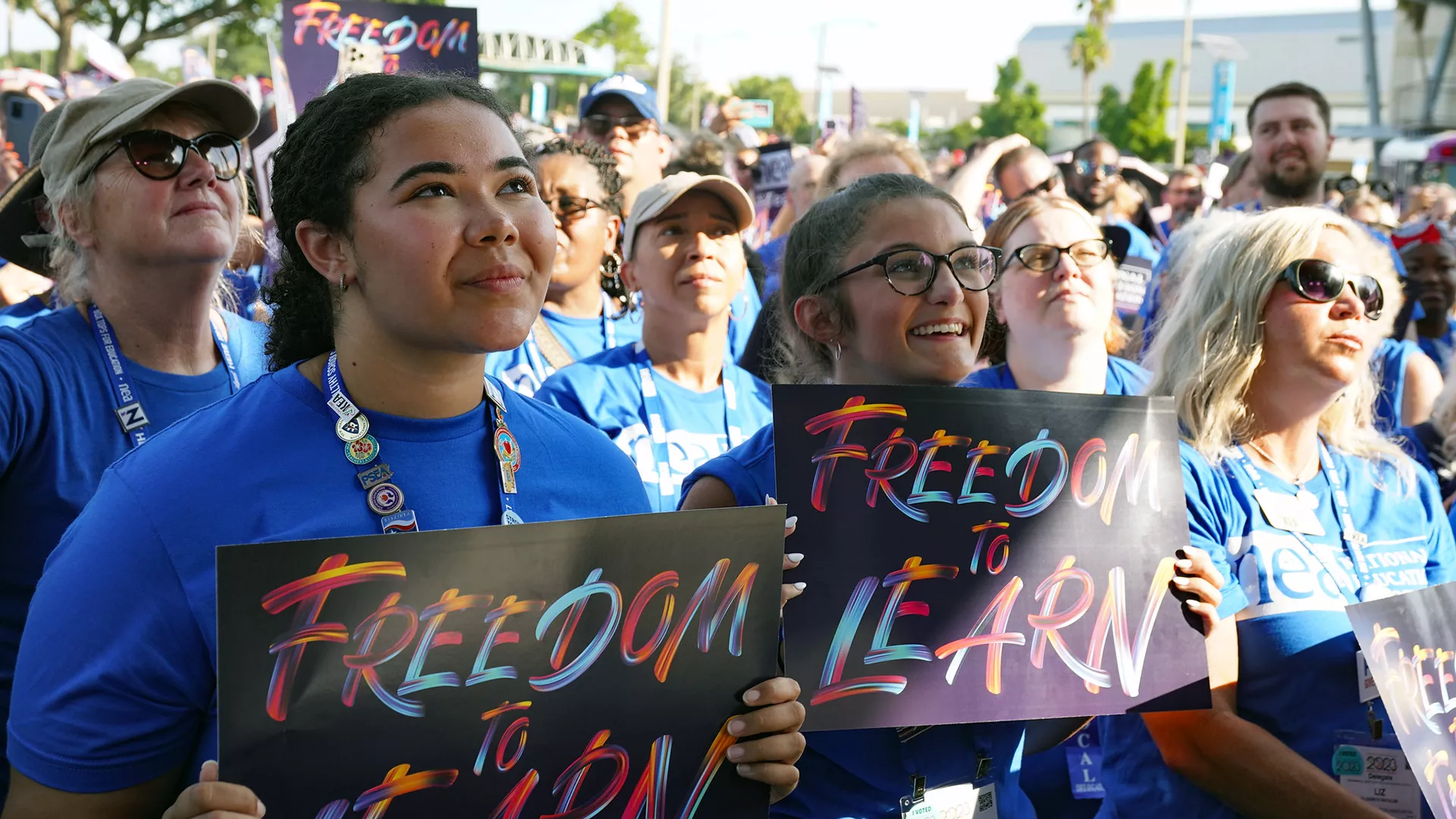In January, President Trump issued an executive order titled Ending Radical Indoctrination in K-12 Schooling, which threatened to withhold federal funding from public schools that teach diversity, equity, and inclusion (DEI) initiatives. It was clearly another attempt to intimidate and censor educators who are committed to teaching the full and honest history of America—especially African American history.
Yet, we must remember that this country has never truly committed to teaching Black history. Where it is included in the curriculum, it is often incomplete or superficial.
In New Jersey, where I teach, the Amistad Law, which has been in effect since 2002, mandates that African American history is integrated into the K-12 curriculum in all New Jersey public schools. But, with no enforcement mechanism, this law is routinely ignored by New Jersey school districts, even those where administrators, staff, and students are majority African American.
Even within our own unions—led by people who owe their very positions to the victories of the African American freedom struggle—there can be a deafening silence. Furthermore, too many leaders, including Black leaders, are afraid to challenge the status quo and pressure districts.
When Black history is not ignored, it is often disjointed, individualized by a particular teacher, and often reduced to a few sanitized stories about Civil Rights heroes—briefly mentioned and segregated to the month of February, then forgotten for the rest of the year.
To me, this is not education. This is erasure.
Black, Brown, students of color, and white students are harmed when they are not educated on how the African American struggle for justice has benefited every marginalized group in America.
For example, here is a quick lesson that most New Jersey students are not learning:
By 1830, New Jersey was home to 67% of the entire enslaved northern population in the United States of America. New Jersey became known as the slave state of the North. New Jersey became the last northern state to ratify the 13th Amendment outlawing slavery. The last 16 enslaved people in New Jersey were not freed from bondage until 1866. This is three years after Lincoln signed the Emancipation Proclamation.
And you know where I learned those facts? Not in my elementary school. Not in middle or high school. Not at either of the universities I attended in New Jersey. That history—African American history—was buried. Hidden. Denied. I carry anger, grief, and deep disappointment that my educational journey in New Jersey deliberately kept that truth from me.
African American History is American History
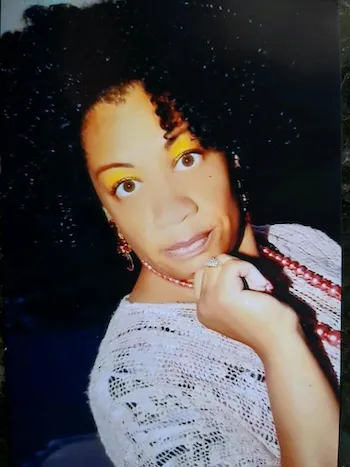
“Educators should teach Black History because it is American history. To understand history truthfully and accurately, it must include the perspectives, struggles, and achievements of Black people,” says Tamar LaSure Owens, a third-grade teacher at Leeds Avenue Elementary School in Pleasantville, NJ.
That’s why a group of New Jersey educators—Muneerah Higgs, Shan Byrd, Tamar LaSure Owens, Talena Lachelle Queen, Sari Alburtus, Tariq Raheem, and myself—came together. We’ve made it our mission to research, write, and teach the truth about the Underground Railroad in New Jersey. We are reclaiming what should have never been hidden.
We are working with the New Jersey Education Association’s (NJEA) Office of Human and Civil Rights, Equity, and Governance to bring the hidden history of the Underground Railroad in New Jersey to the state’s educators in order to ensure that New Jersey’s educators are equipped to teach this long-silenced history.
Shan Byrd, a restorative justice specialist and a member of the New Brunswick Education Association echoes this sentiment:

“All students benefit from knowing Black history, no matter what skin they are in! As educators, our goal should be to cultivate scholars who can critically evaluate the world—past, present, and future. Being confined to Eurocentric viewpoints of history only stifles our children’s intellectual growth.”
Knowing how the fight for African American rights shaped the Constitution, for example, could lead to a knowledgeable electorate, says Tariq Raheem, a teacher of AP African American Studies in Irvington, N.J.
The 13th Amendment (1865) abolished slavery, ensuring that no one is born into bondage. The 14th Amendment (1868) guarantees birthright citizenship, regardless of a parent’s immigration status. The 15th Amendment (1870) granted Black men the right to vote, setting the stage for future voting rights battles.
In addition, says Raheem, “imagine if the voters of 2024 knew the history and nature of the Fugitive Slave Act, Reconstruction, Jim Crow, the Great Migration, and the Civil Rights Era? They might be more thoughtful in selecting presidential candidates that are more in line with preserving the rights of all Americans.”
Be an Advocate for African American History
Instead of retreating from African American history because of Trump’s executive order, all educators should teach known and unknown Black history. “The first thing that educators must do to unearth hidden Black history is to accept that teaching this history is not limited to Black teachers” says Talena Lachelle Queen, a teacher of a 10th grade AP Seminar course in Paterson, New Jersey.
Muneerah Higgs, a retired New Jersey educator and member of the Lawnside Historical Society, added another best practice by explaining:
“Students should learn throughout the year and throughout all disciplines about the accomplishments, experiences, and perspectives of Black people. Teaching students about important people is a great thing—even better is doing it in the context of your lessons, rather than in a set-aside month.”
A Moral Imperative
Educators should teach Black History for macro reasons that address how “Black people’s contributions to this country (and throughout the world) despite the discrimination, oppression (systemic and systematic), and racism (covert and overt),” says DaQuan Bashir, NJEA associate director in the Office of Human and Civil Rights, Equity, and Governance.

Educators should also know Black history for micro reasons like not inflicting harm. In February 2025, in a New Jersey classroom, a teacher led a history lesson that involved reading passages aloud. These passages contained the n-word multiple times.
“When a Black student expressed discomfort, the teacher insisted she continue reading or leave,” says retired New Jersey teacher Sari Alburtus, who witnessed the incident. “She chose to leave. In that moment, her learning was stolen, and her psyche was assaulted. The other students remained silent.”
“At least some—if not most or all—of them must have known what happened was wrong, yet they lacked the understanding or the courage to speak up. Shame on us for allowing this to happen”, said Alburtus.
In regard to whether we should teach African American history with the threat of Trump’s executive order looming over education, Alburtus says, “It is our moral imperative to teach the truth in order to give deep, vertical learning.”
The fight for African-American history isn’t just for teachers. It’s for parents, students, and every person in America. You should contact local school boards, demand inclusive curricula, and support those who refuse to erase the truth.
Sundjata Sekou (pronounced Sund-Jata Say-Coo) is a Hip-Hop loving, “dope,” Black, male, elementary school teacher in Irvington, N.J., and NEA’s 2024 – 2025 writer-in-residence. With support from his union sisters and brothers in the NJEA Members of Color Affinity group, he received the 2024 New Jersey Education Association Urban Educator Activist Award. You can follow him on Instagram @blackmaleteacher and email him at [email protected].
